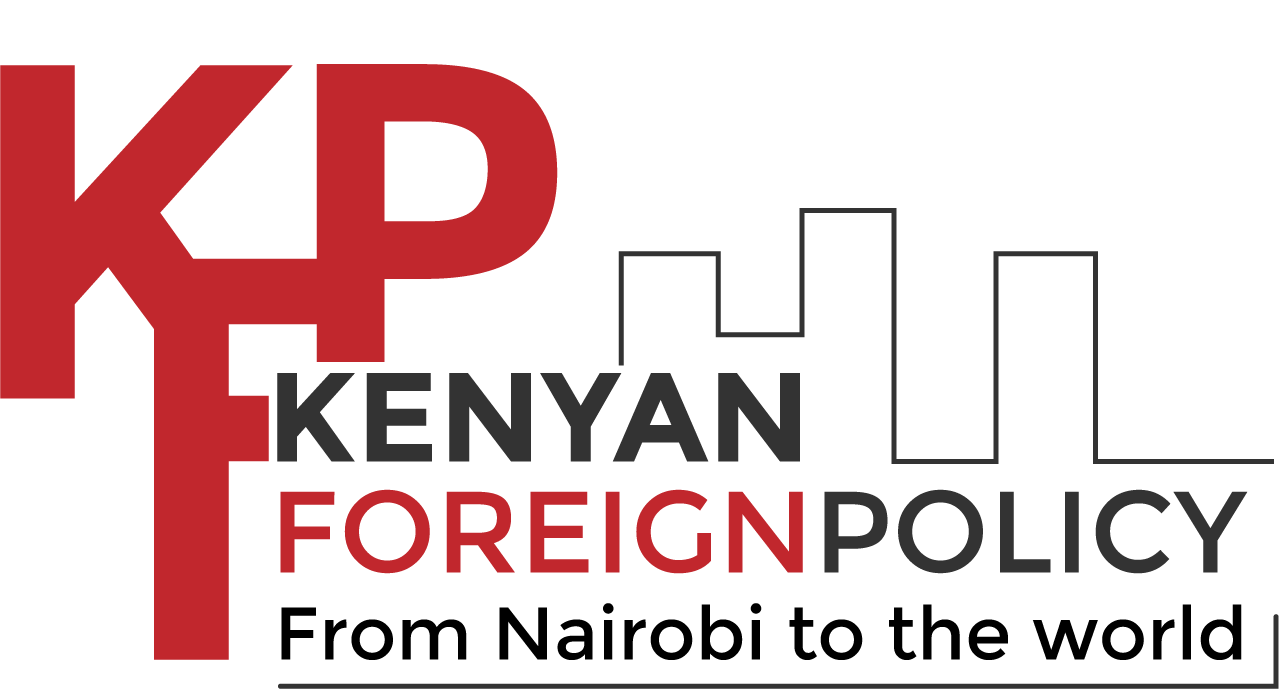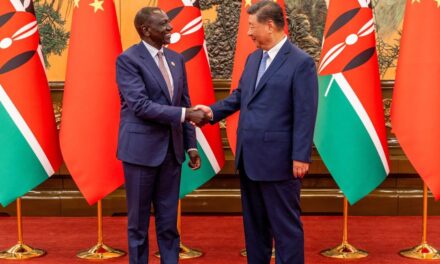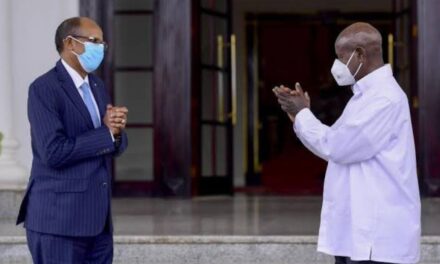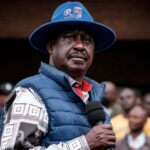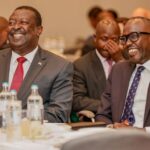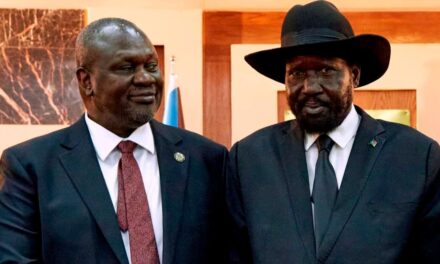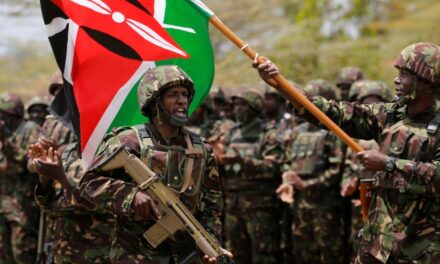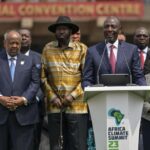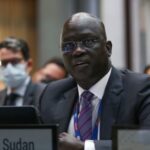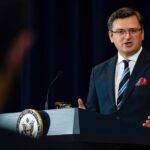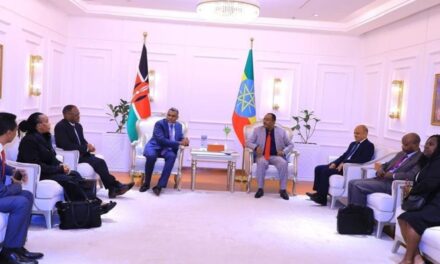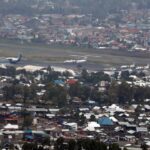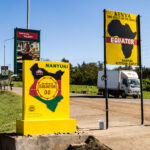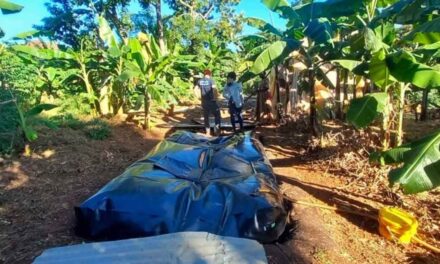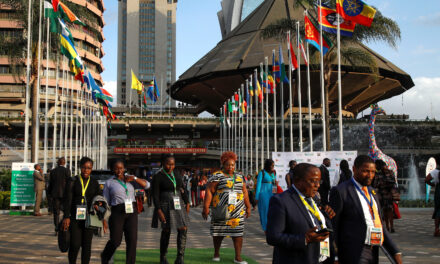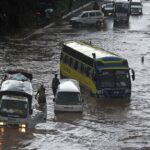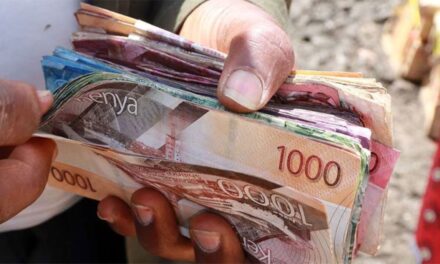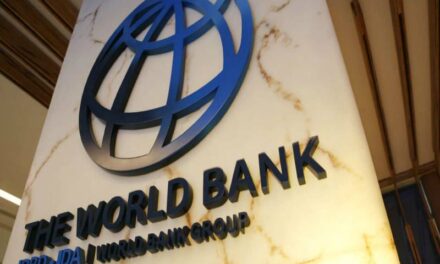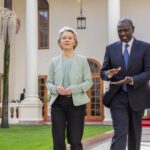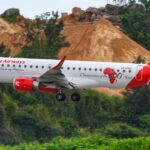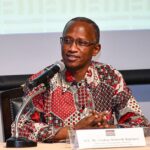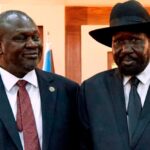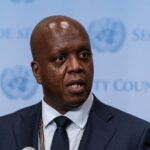
MWANGI MAINA: Why Africa Needs Swahili as a Continental Language
Posted by Mwangi Maina | Jul 7, 2023 | REGIONAL INTEGRATION


Today is World Kiswahili Language Day. The fete is being celebrated globally for the second time since UNESCO designated July 7 as the official day to commemorate this particular lingua franca.
And while Kiswahili represents a recognition of our unifying language as a region, not so many people from the East African Community can actually speak it. Kiswahili is a Bantu language native to the Swahili people who live along the Indian Ocean coast of East Africa. The number of Kiswahili speakers, be they native or second-language speakers, is estimated to be 200 million.
As a Swahili speaker and a citizen of the East African region, I faced a language barrier as I crisscrossed Kinshasa, the Democratic Republic of Congo in early February 2023, and Uganda and Rwanda in May 2022.
A fact-finding mission on how widely Kiswahili is spoken in East Africa first took me to Zanzibar. A majority of Zanzibaris in the semi-autonomous island of Tanzania are made up of people from the Swahili ethnic group.
Everybody speaks Kiswahili there though not the kind that is normally spoken in the Kenyan capital Nairobi. Nonetheless, Kenyans and Zanzibaris can communicate with ease.
I visited Zanzibar again this June after my second visit in November 2021 and things are even better. Kiswahili is the lingua franca.

Pope Francis was visiting Kinshasa in February this year and I was scheduled to cover his apostolic tour in the East African Community member state.
Five of Congo’s 11 provinces are wholly Swahili-speaking: the Oriental province, North and South Kivu in the east, Maniema in the Central east, and Katanga in the southwest.
In the capital Kinshasa, Swahili has had problems intermingling with Lingala, the popular language that the Belgian colonisers imposed on the DRC. Lingala also owes much of its popularity to modern Congolese music, which is often sung in that language.
My driver was purely speaking Lingala and French only. We couldn’t communicate effectively apart from French greetings ‘Bonjour and Bonsoir’ and at times he told me ‘comsy-comsa’ meaning neither good nor bad.
The land of the revolutionary and maverick Patrice Lumumba was very fascinating.
The capital is always bustling and clogged by traffic jams and swarming with people. Despite all these, I found it cool.
I went sightseeing at the majestic Congo River and Kinshasa was facing Brazzaville, the capital of the neighboring Republic of the Congo.
Three smiling and happy Congolese boys gave me a welcome singing a traditional song. However, we couldn’t communicate because of language.
My Burundi experience in November 2022 was easy because the majority of Burundians in the capital understand and speak Swahili.
In May 2022, I took a break from work and toured Uganda and Rwanda. This journey, though exciting, proved just how language can impede regional integration and trade.
My road trip in Nairobi headed to Kampala via the Busia border. I have used this route before so it was pretty much easier to navigate.
One fascinating experience I have had while traveling to Uganda and which I wouldn’t want to miss is eating chicken sold at the edge of Mabira Forest, just before Kampala.

People here sell roasted chicken, goat meat and bananas and refreshments. For Ush1,000 (KSh94), you can get a huge piece of a well-roasted chicken. Sadly, the old East African joke that Kiswahili was born in Zanzibar, grew up in mainland Tanzania, fell sick in Kenya, died in Uganda and was buried in the Democratic Republic of Congo starts to become a reality in this region.
Ugandans have been historically very poor when it comes to speaking Kiswahili. President Museveni has repeatedly called on Africans to speak the language in order to aid in unifying the continent.
Kiswahili in Uganda has for decades been a preserve of the armed forces, which could explain why Museveni is fluent in it.
But there is renewed hope for citizens. Uganda is hosting World Kiswahili Day celebrations today under the theme, ‘Kiswahili and Multilingualism: Achieving more together’.
The first Deputy Prime Minister and Minister for EAC Affairs, Rebecca Kadaga urged Ugandan legislators to embrace and participate in the second East African Kiswahili language day.
“This year’s theme demonstrates that as Kiswahili grows and spreads across the world, it will continue encountering other languages which stand to achieve more together than they can gain alone,’’ said Kadaga
Anyway, if you want to take a perfect exploration of the city, from Old Kampala where the Gadaffi mosque is located to the Kabaka’s palace in Mengo, Kampala, a boda boda ride is the most efficient means of transport. Unfortunately, communication is a problem because many riders do not understand Kiswahili.
And for those who do, their proficiency is limited. One boda boda rider says: “People here have a negative perception of Kiswahili”.
This could be precipitated by how the Ugandan forces commandeer them using Kiswahili phrases such as “Piga magoti” and “Inua mikono” (Kneel down and hands up).
MWANGI MAINA IS A KENYAN AWARD-WINNING JOURNALIST SPECIALISING IN REGIONAL AND DIPLOMATIC AFFAIRS.
Your support empowers us to deliver quality global journalism. Whether big or small, every contribution is valuable to our mission and readers.
